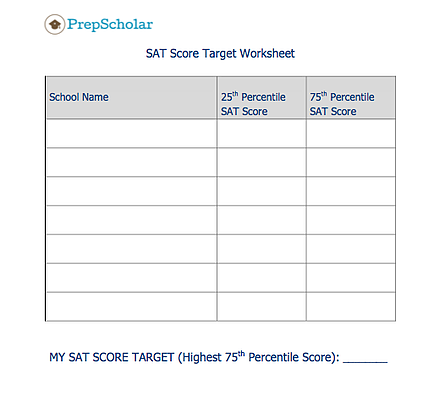If you live in the U.S., you’ve probably heard about how important “STEM” education is. But what is STEM, exactly? And why is it so important?
In this article, we’ll explain everything you need to know about STEM education, including:
- Explain what STEM stands for
- Overview the disciplines that STEM includes
- Answer the question, “What does STEM stand for in school?”
- Explain the importance of STEM
- Provide a five question quiz to help you decide if pursuing STEM is right for you
Ready? Let’s dive in!
























